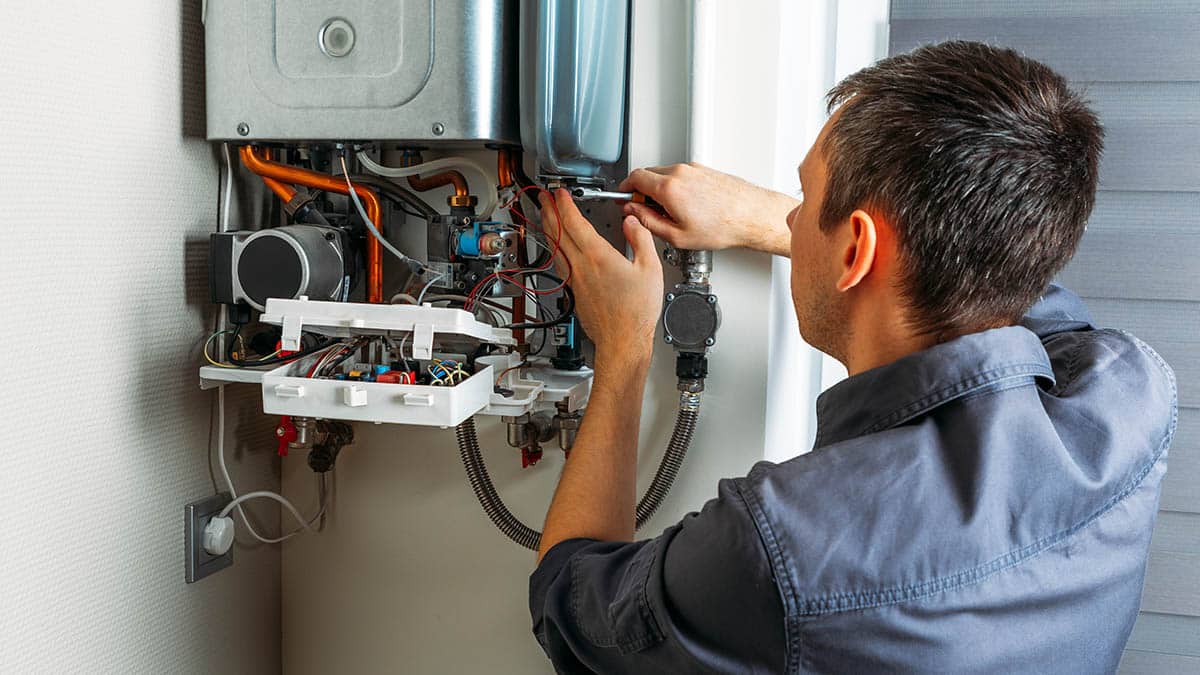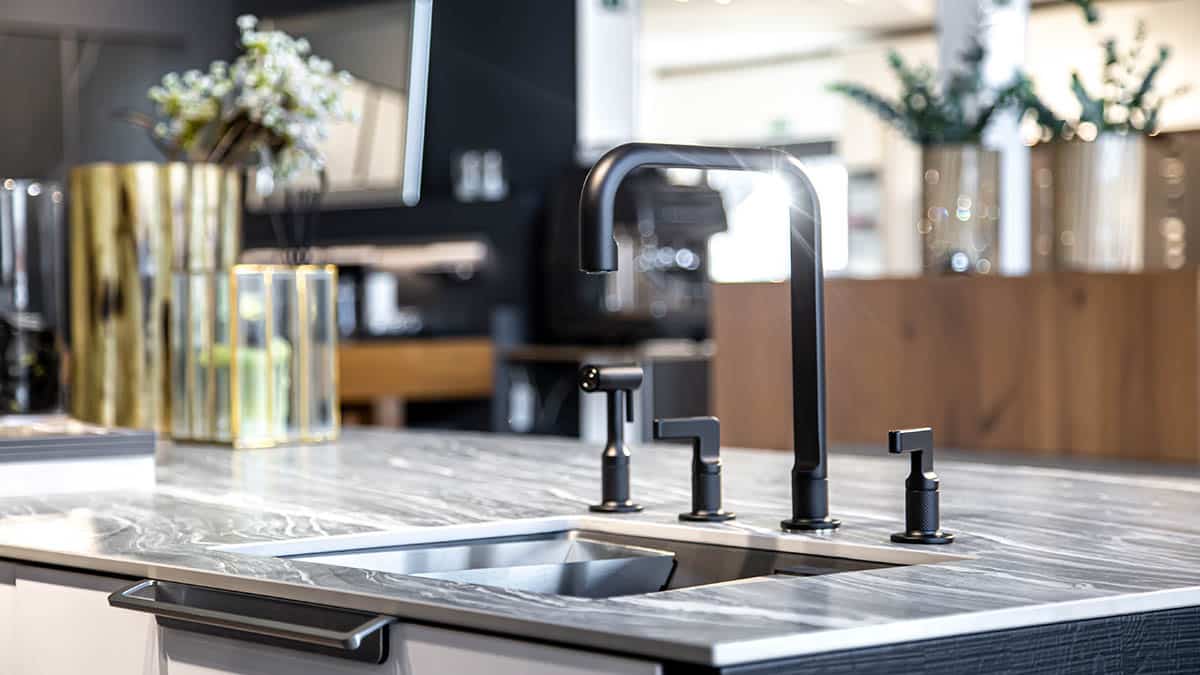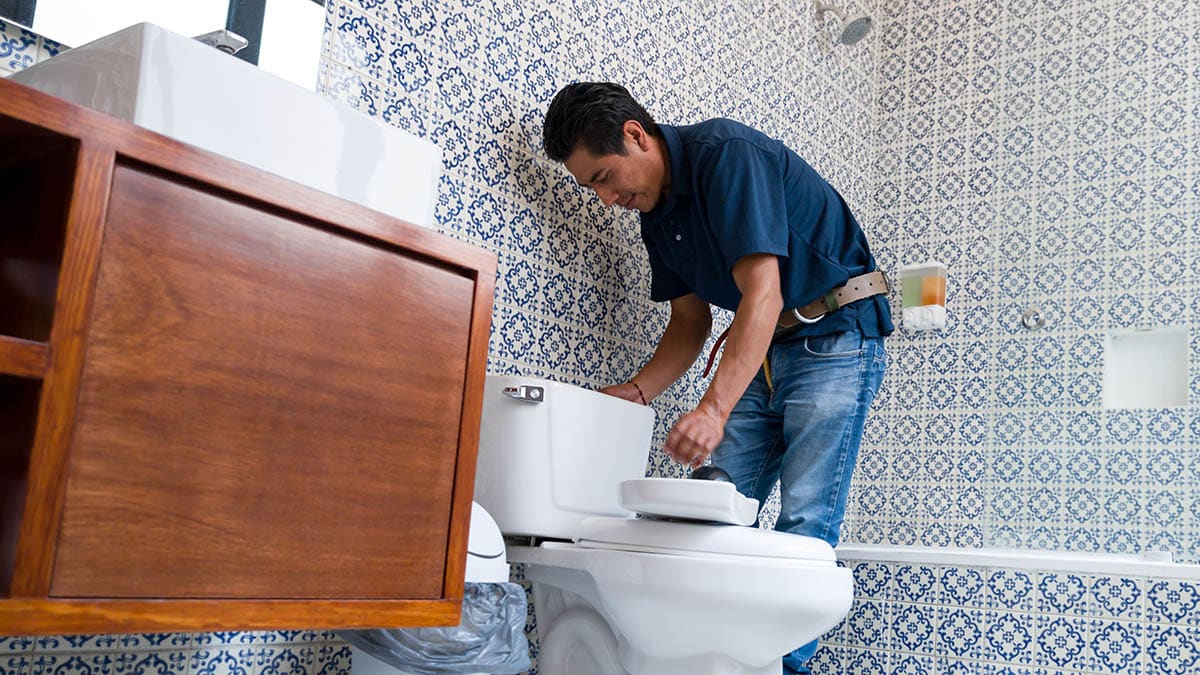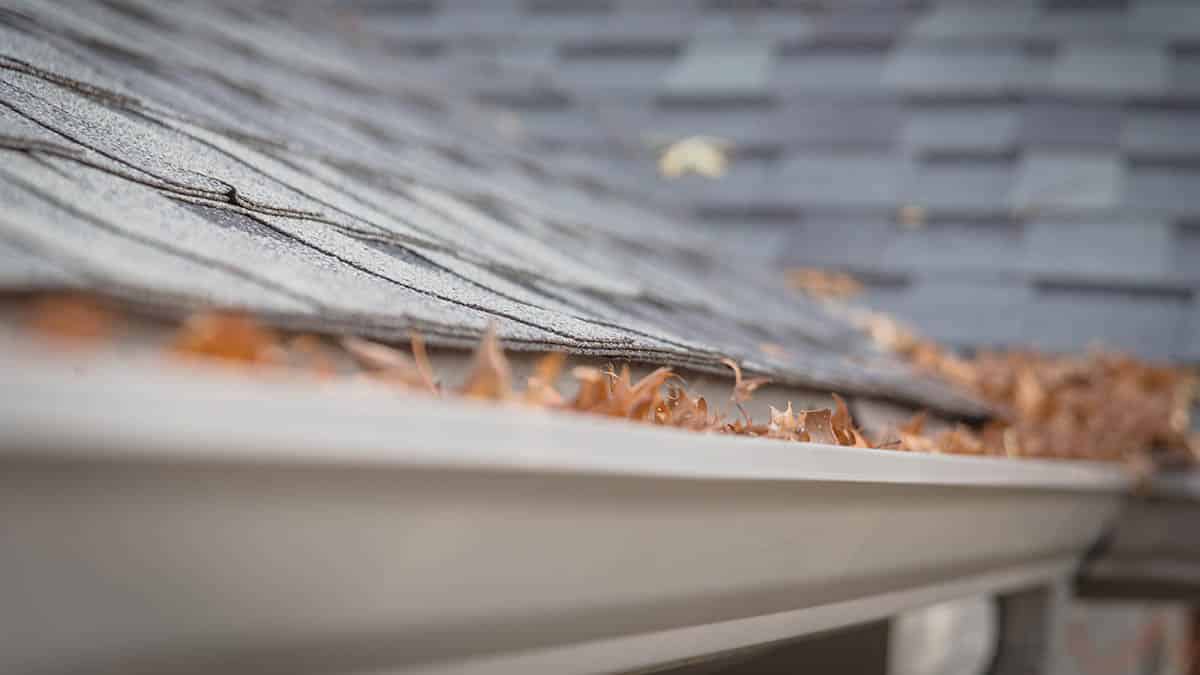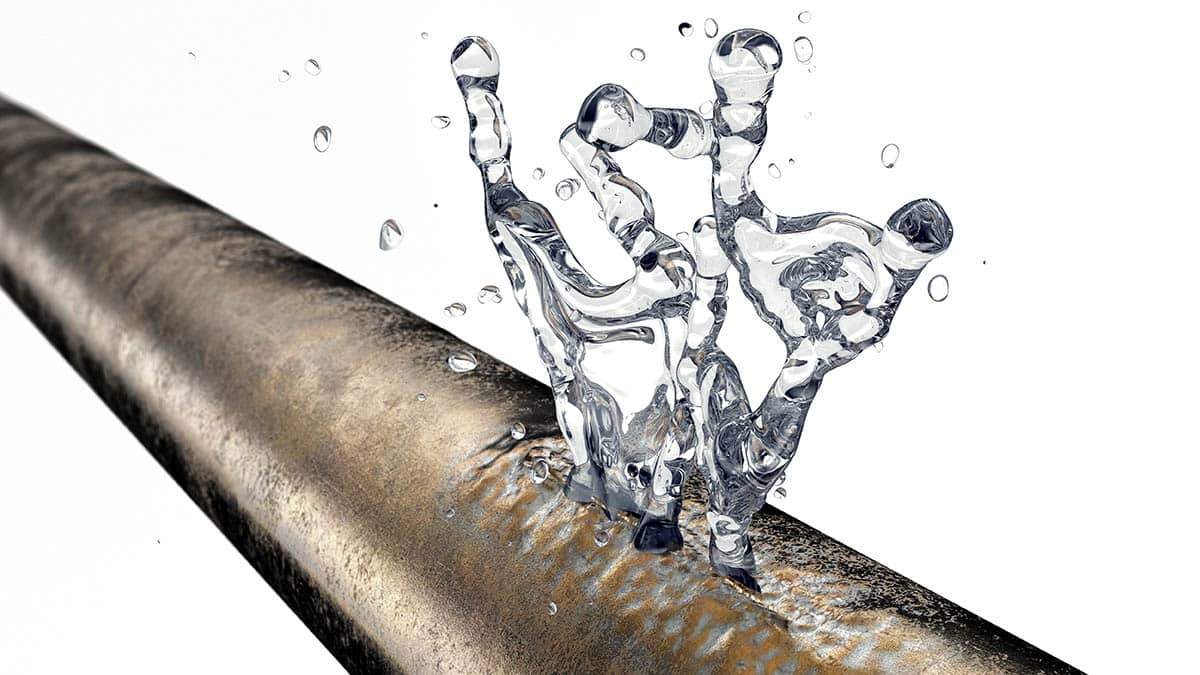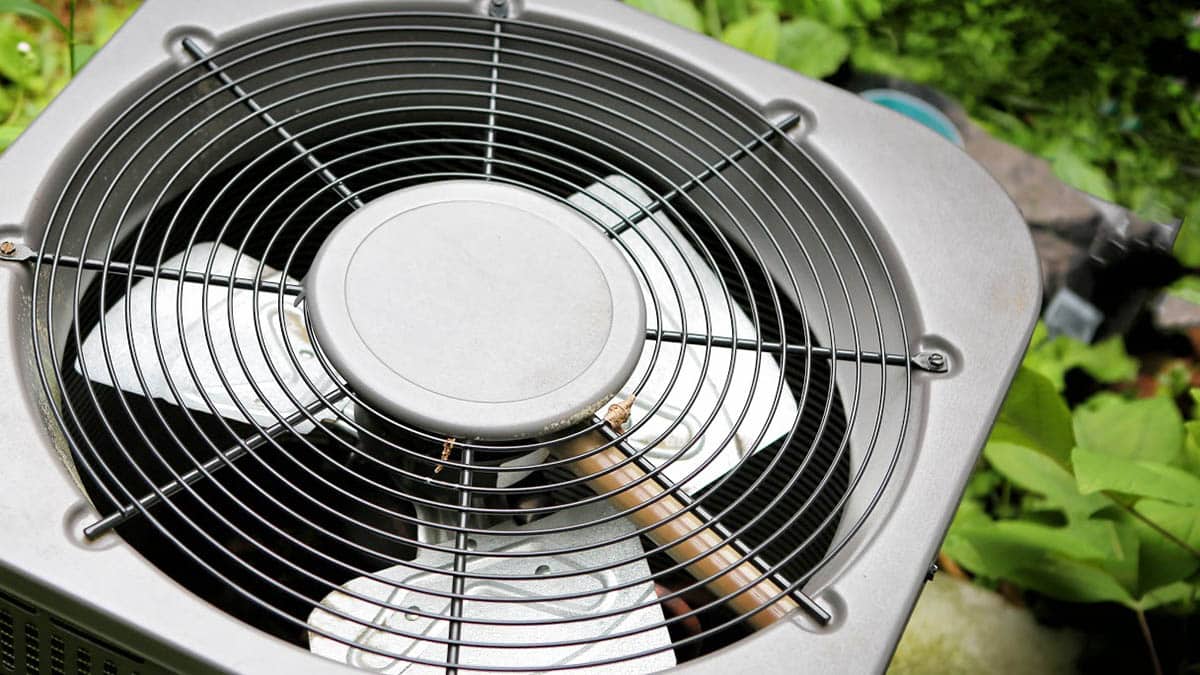Upgrade Your Comfort with Helpful Tips from Our Blog
Looking for other ways to improve your sense of comfort at home? We’re always sharing industry news and insider tips on our Blog. Check out our newest updates today!
As we sit at home in quarantine, the benefits of clean indoor air on our overall health have become more important than ever. Air scrubbers can help you to avoid unnecessary asthma and allergy triggers –as well as […]
Buying and installing a new home heating system can feel like a daunting task, especially when you don’t understand the options available to you. While our experts are always happy to answer your questions and give recommendations based […]
Happy New Year! 2020 is only just getting started, but it’s already more than clear what the leading kitchen and bathroom renovation trends will be. There are two main areas taking the spotlight, and they are faucet finishes […]
It’s the most wonderful time of the year…provided your home plumbing and heating behave themselves all season long! When you have guests coming over and will be hosting celebrations, you have a lot on your mind. When your […]
One of the best things you can do for comfort inside your home, and to save you money, is to seal any present air leaks. Air leaks can emerge almost anywhere – cracks in doors, walls, windows, flooring, […]
As much as we may want to fool ourselves, the heat of the summer is leaving us and a touch of chill is in the air. This is a reminder that there are things to do to prepare […]
A leaking pipe is an annoyance that can be solved with a piece of duct tape, right? Wrong! A small leak in your pipes can quickly become a big deal in the form of a burst pipe. Unfortunately, […]
This summer has been a hot one! As you refill your water bottle, you may be getting more than just H2O. August is Water Quality Awareness Month, and it acts as a reminder that if we’re not drinking […]
It’s hot enough to fry an egg on the pavement. You open your front door, enter your house, and realize it’s also hot enough inside to fry an egg on your kitchen floor. You have air conditioning, so what […]
Pets are wonderful furry family members that easily improve our lives. Unfortunately, these curious, mischievous, adorable critters often don’t get along very well with home plumbing. Drains and fixtures can be hazardous to our pets, and our pets […]

